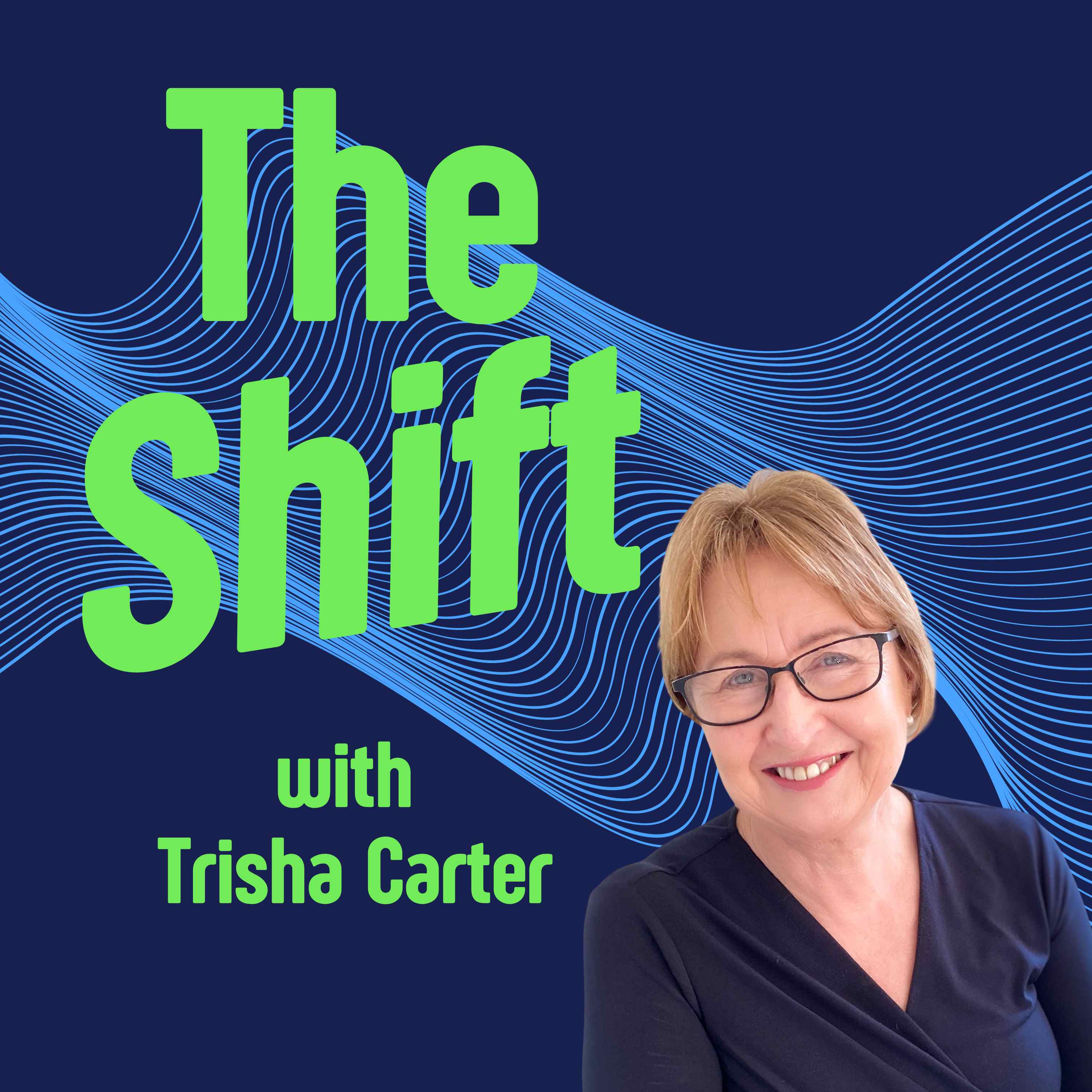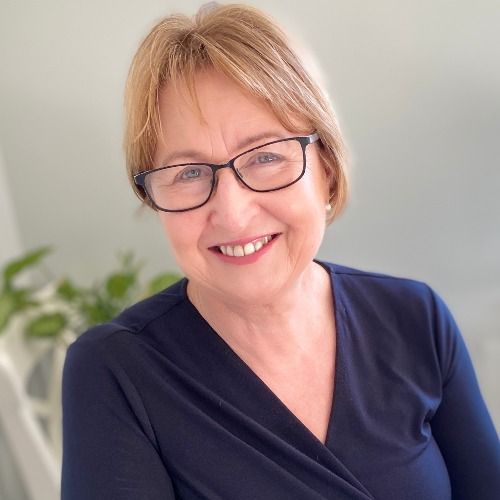Episode 11
What We've Learned So Far - Part Three
In this episode, Trisha practices the reflection that so many of our guests have spoken about. Reviewing the past three episodes and finding the repeated themes and outstanding ideas and highlighting them will enable us all to adopt these strategies and use them to help others.
Despite real differences in their expertise and their experiences, there are similar lessons we can learn from these past three episodes in how to increase our CQ Strategy - our Cultural Awareness. If you have noticed repeated themes we'd love to hear your thoughts. Please reach out on LinkedIn to discuss this further. You can follow or connect with Trisha here
Transcript
I would like to acknowledge the Tharawal people, the Aboriginal people of Australia, whose country I live and work on. I would like to pay my respects to their elders, past, present, and emerging and thank them for sharing their cultural knowledge and awareness with us.
Trisha:Hi everyone, I'm Trisha Carter, an organisational psychologist and explorer of Cultural Intelligence. I'm on a quest to discover what enables us to see things from different perspectives, especially different cultural perspectives, and why sometimes it's easier than others to experience those moments of awareness. What can we do to help ourselves and others to experience shifts when needed? Over the past three episodes, I've been speaking to some fascinating people.
Trisha:If you've been following along, you'll know that I've interviewed a neuroscientist from Australia, a communications specialist from Northern Ireland and a forensic auditor from Papua New Guinea. Today I’m practicing what we've been discussing in every single one of the episodes so far. I'm going to spend some time reflecting, reflecting on some of the key themes that were woven through the most recent episodes and expertise areas.
Trisha:So this is what have we learned so far? Version three because I have already done this two times. And I also want to remind you that the reason that I do this is to help you consider strategies for building your CQ awareness, your metacognitive ability to think about your thinking, it might be that you're working with people who are different to you and you need to increase that capacity.
Trisha:Or you might be coaching and training people to increase their cultural intelligence and you need to help them, your coachees or your trainees, to think about their thinking. So learnings from the last three episodes point one - Slow down and Breathe. Dr. Mark Williams, the neuroscientist, reminded us that most of what we do is automatic. It's stuff that's habitual or stuff that's already in our heads, in our brains about the way the world is.
Trisha:And so we walk around in the room most of the time just responding in a habitual way. It might be the way that we've been taught as we were growing up. It might be the way that our brains have shaped and formed because of the experiences that we've had. So it can really help us when we walk into a room to stop and breathe, to look around and work out how you're feeling before you actually start interacting with people.
Trisha:It might be that you have a response in that situation to finding that you are the only person in the room who looks like you. And as Mark spoke about fight or flight responses that happen in those situations, you might realize you're having this physiological response. And so breathe deeply if you follow David Livermore on LinkedIn, and if you don't, I recommend that you do.
Trisha:You may have seen that he shared last week a quote that said, “Sometimes the most culturally intelligent thing you can do is to take a deep breath”. We agree and we know the neuroscience behind it. Thanks to Mark. Sarah Black, our comms professional, spoke about the overload of communications that we receive in our lives and how we are constantly on, listening to all these communications.
Trisha:And because of that, communications professionals need to help us to slow down, to take things. Mark pointed out that our own methods for slowing down might be different. So for some it might be meditation, but for others it might be surfing or jogging or writing or art. So Point Two - is that we need to know ourselves well enough to be able to work out what will work for us. And as Sarah pointed out for comms professionals, they need to know their audience well enough to know how to reach them.
Trisha:Grace Boker Mungkaje the forensic auditor from Papua New Guinea pointed out that we need to know the values that have shaped us so that we can see the different options in front of us to consider possibilities for responding and behaving. So knowing ourselves and knowing others is a key piece of work that must be done. In those moments of slowing down and moving to the shift, Grace shared the question that comes to her mind, and it's a question built from, I guess, a tough experience and her reflections about that.
Trisha:Do I climb this tree? Now that might sound a little bit crazy as a question to you, but if you go back and listen to the episode, it will make perfect sense. And if you haven't done so, I highly recommend that you do. Do I climb This tree is really tying into who am I going to be in this moment?
Trisha:How am I going to respond? It helps us to recognize that there are options before us. So Point Three - Then is if we could all find a question like Grace has, it would help us to make the conscious choices that we often need to do to determine the best ways to operate in different situations. And maybe it would help us to reflect on what are the choices we often face that we might respond to automatically.
Trisha:And in doing so, our responses. We may lose opportunities to build bridges. So if we could find that question, that would be really helpful for us. Or we could borrow Grace's. Point Four - of the common themes emerging was the need to accept points of difference as not better or worse, as Sarah said when she was speaking about different religious beliefs in Northern Ireland, but having good things to learn from each different end of the values, polarities.
Trisha:As Grace pointed out when she was speaking about individualism and collectivism. To do that, we often may need to shift our thinking about those polarities to a more positive frame, especially if different societies look at a value from a more negative frame. Grace spoke about that in terms of, as she called it, island time, and she helped us to reframe that, to see it through a more positive perspective.
Trisha:So doing the work to help us to see the points of difference, there's not better or worse in doing the reframing so that we can see options is from a positive perspective, even if they are not the way we grew up, and even if we might initially see them through a more judgmental lens. There are also a number of aspects that emerged that I think I will have to return to in future episodes.
Trisha:The impact of place and space on our ability to shift or to see shifts. Mark spoke about drug addicts returning from the Vietnam War. Sarah spoke about visiting different churches as part of a learning experience she had and the impact that those places had on her. The impact of language and the accent that Grace shared is also one to return to.
Trisha:And yes, I know I said it last time and I still haven't done it. I need to revisit the power of journaling as Grace also demonstrated that one to us. I hope you found these reflections helpful and given you some challenges to work on and to reflect on. Thank you for joining me on this episode. I hope you feel like you're learning how to build your cultural awareness and consequently your cultural intelligence.
Trisha:I'd love it if you would connect or follow me on LinkedIn. I'm really keen to hear your questions and thoughts and your recommendations for future people to interview. Please follow us on your podcast app so that you can be notified when new episodes are released. And I look forward to joining with you again. For further episodes of the Shift.

